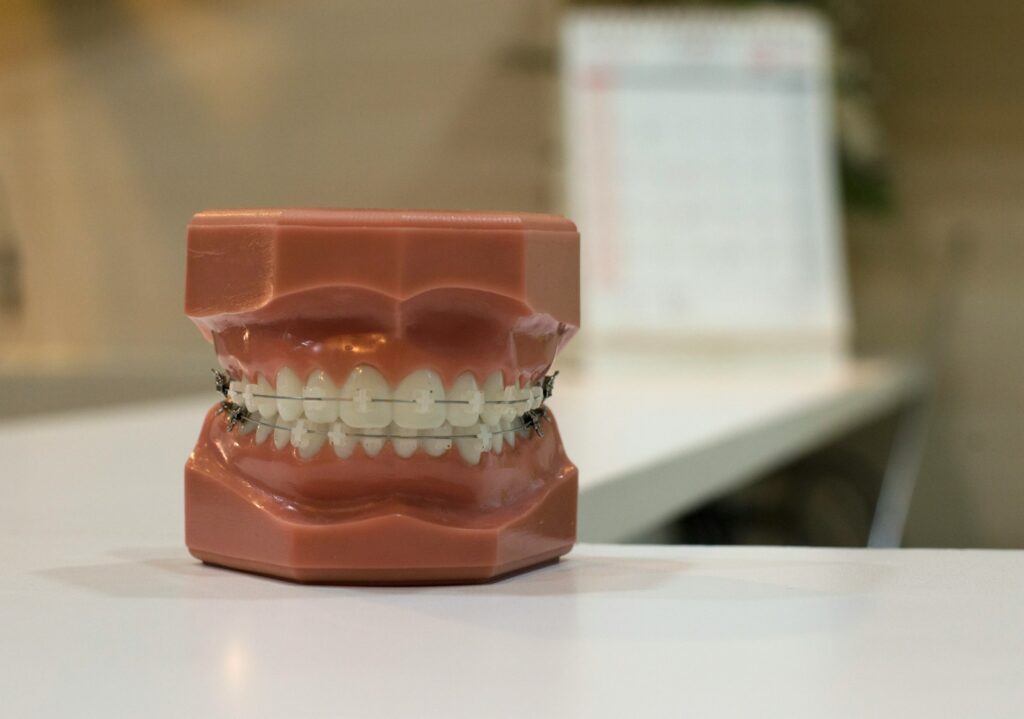Key Takeaways
- Dental veneers are a popular solution for achieving a flawless smile.
- They can correct dental issues, including discoloration, chips, and gaps.
- Veneers come in different materials, mainly porcelain and composite resin.
- Proper care is crucial for maintaining veneers and extending their lifespan.
Table of Contents
- What Are Dental Veneers?
- Advantages of Dental Veneers
- Types of Dental Veneers
- The Application Process
- Caring for Your Veneers
- Financial Considerations
What Are Dental Veneers?
Dental veneers are thin, precisely crafted shells that match the color of the teeth, typically composed of porcelain or composite resin. They are made to cover teeth’s front surfaces to make them look better. Veneers can conceal dental imperfections such as stains, chips, or uneven spacing, providing a natural-looking solution to enhance smile aesthetics. In cities like Chicago, known for vibrant lifestyles and emphasis on personal presentation, dental veneers have gained popularity in achieving flawless smiles. Quality veneers Chicago can provide significant benefits for residents, especially considering the high-quality dental services available in the city.
Advantages of Dental Veneers
Instantaneous aesthetic enhancement is one of the main advantages of dental veneers. They can address cosmetic concerns like stained, chipped, or misaligned teeth. Furthermore, veneers provide a long-term option for keeping a flawless, brilliant smile for up to 15 years with the necessary maintenance. Moreover, veneers require less enamel removal than crowns, making them a more conservative treatment. They also resist staining so you can enjoy your favorite foods and drinks without discoloration. Veneers can also be tailored to match the color and shape you want to achieve a smooth and natural appearance. This adaptability makes veneers a go-to choice for many looking to revamp their dental aesthetics completely.
Types of Dental Veneers
Veneers primarily come in two varieties: composite resin and porcelain. Porcelain veneers provide a more natural appearance and are more stain- and wear-resistant. They are, however, more expensive compared to composite resin veneers. Composite resin veneers can be applied quickly and are more affordable, but they may only last for a while and can be prone to staining. Porcelain veneers are more aesthetically pleasing and have light-reflecting qualities similar to genuine teeth. Composite veneers, on the other hand, are more easily repaired if damaged and typically require fewer visits to the dentist. Depending on your dental needs and budget, your dentist can help you choose the best type of veneer. Additionally, some people opt for combining both types to balance cost and durability. You may make an informed choice that will help you reach your long-term dental goals by being aware of these distinctions.
The Application Process
The process of receiving veneers usually consists of several stages. Initially, your dentist will assess your teeth to determine if veneers are the appropriate solution. This evaluation may involve taking X-rays and creating molds of your mouth and teeth. Subsequently, a small amount of enamel is extracted from the tooth’s surface to make room for the veneer’s thickness. This is carried out under local anesthesia to minimize any discomfort. Following this, an impression of your teeth is taken and sent to a laboratory where your customized veneers are produced. This process typically takes 1-2 weeks. Ultimately, the veneers are affixed to your teeth using a unique adhesive, and a curing light is used to solidify the cement. The final step often entails making necessary adjustments to guarantee a perfect fit and natural look. Knowing about this process could help you feel less anxious and prepare better for your sessions.
Caring for Your Veneers
While veneers are strong, they need proper care to stay in good condition. Make sure to use non-abrasive toothpaste when you brush and floss regularly. Avoid biting into complex meals to prevent injury, and use your teeth as instruments. Regular dental examinations are necessary to maintain the health of your veneers and teeth. Also, remember that some foods and beverages may discolor your natural teeth, altering the appearance of composite resin veneers. If you grind your teeth at night, wearing a night guard is recommended to protect your veneers. Following these guidelines will help you maintain your investment and enjoy a beautiful smile for longer.
Endodontist Sonia Chopra, Discusses Oral Health Significance(Opens in a new browser tab)
Financial Considerations
To get dental veneers, you will need to make a financial commitment. The price can differ significantly based on factors like the type of material used, the complexity of the procedure, and the location. While veneers are often not covered by insurance, some dental clinics offer financing options to help make the cost more manageable. A detailed discussion with your dental provider about all the financial aspects is essential to avoid surprises.
Furthermore, investing in veneers can lead to long-term savings by reducing the need for other cosmetic or orthodontic treatments. Consider the long-lasting nature of veneers and the potential for an improved quality of life, as these advantages often outweigh the initial cost. It can be beneficial to consider all of these elements when planning your budget and carefully consider them before making a decision that aligns with your financial circumstances.
